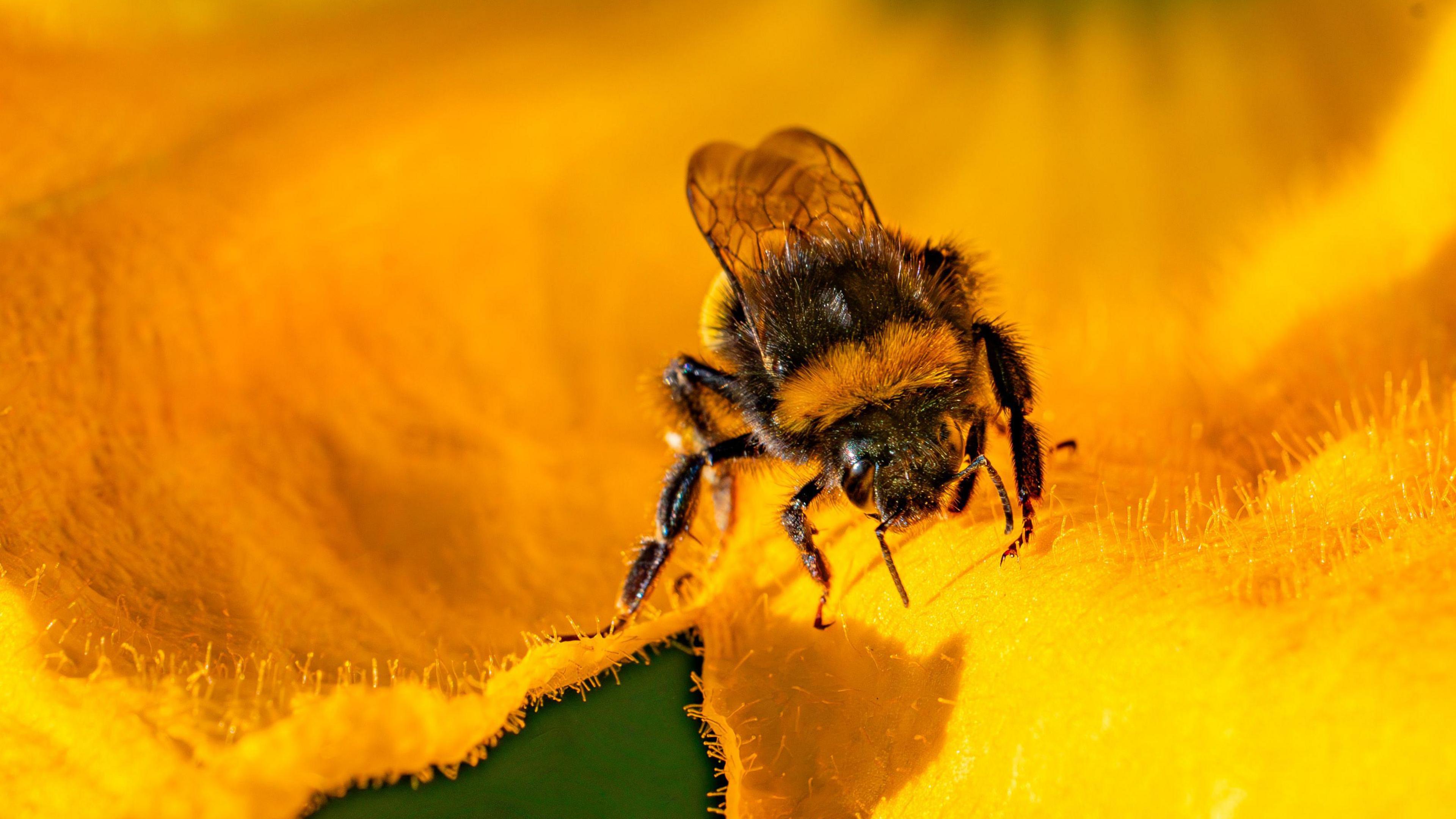Rare bee 'beach' habitat backed by sand donation

The conservation effort is being carried out at Pelsall North Common in Walsall
- Published
About 10 tonnes of sand have been donated to support ongoing work to create "bee beaches" in a Black Country nature reserve.
The conservation effort is being carried out at Pelsall North Common in Walsall, with the sand being used to create a further two beaches in the reserve.
It is part of the Purple Horizons Nature Recovery Project, external, led by Natural England. The work involves using diggers to remove vegetation and create bare ground areas - known as 'bee beaches' - which are crucial habitats for many threatened pollinators.
The project, now in its second year, has created bee-friendly habitats across seven sites in the region.
These are Shire Oak Park, Barr Beacon, Pelsall North Common, Chasewater Country Park, Brownhills Common, Wharf Lane and Muckley Corner.
The sand used to create the newest two bee beaches was collected as part of ongoing work at Tamworth Road Narrows carried out by the Lichfield & Hatherton Canals Restoration Trust.
Derek Lord from the trust said they were proud to support "such an important conservation initiative" by repurposing excess sand excavated from the Lichfield Canal channel.
"Creating sustainable habitats and enhancing biodiversity is one of our core aims," he said.
"While our focus is obviously along the blue-green corridor of the Lichfield Canal it's a real bonus to be able to extend that impact to another location."
Walsall councillor Gary Fling said: "This project continues to go from strength to strength and Walsall is proud to be playing its part in preserving and restoring these habitats."

The conservation work is part of the Purple Horizons Nature Recovery Project
Bees spotted
Purple Horizons is being delivered by a partnership between Walsall Council, Staffordshire County Council, Lichfield District Council, Natural England, University of Birmingham researchers, and the Birmingham and Black Country Wildlife Trust.
Nationally, around 80% of heathlands have been lost since 1800 and globally the habitat is rarer than a tropical rainforest.
Last year, two "near-threatened" species of bees were spotted thriving at Barr Beacon local nature reserve in Walsall thanks to the project.
The discovery of the Cats Ear Mining Bee (Andrena humilis) and the Cats Ear Nomad Bee (Nomada integra) was made by Aaron Bhambra, a researcher at the University of Birmingham.
Get in touch
Tell us which stories we should cover in Birmingham and the Black Country
Follow BBC Birmingham on BBC Sounds, Facebook, external, X, external and Instagram, external.
- Published16 March 2024
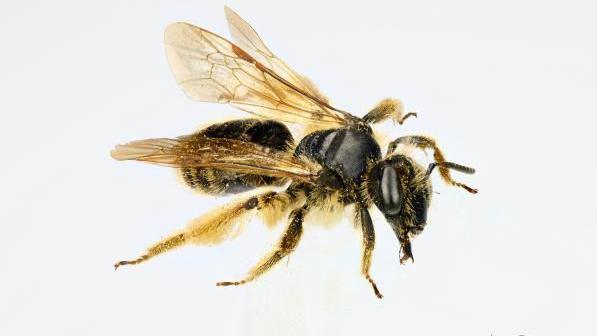
- Published20 July
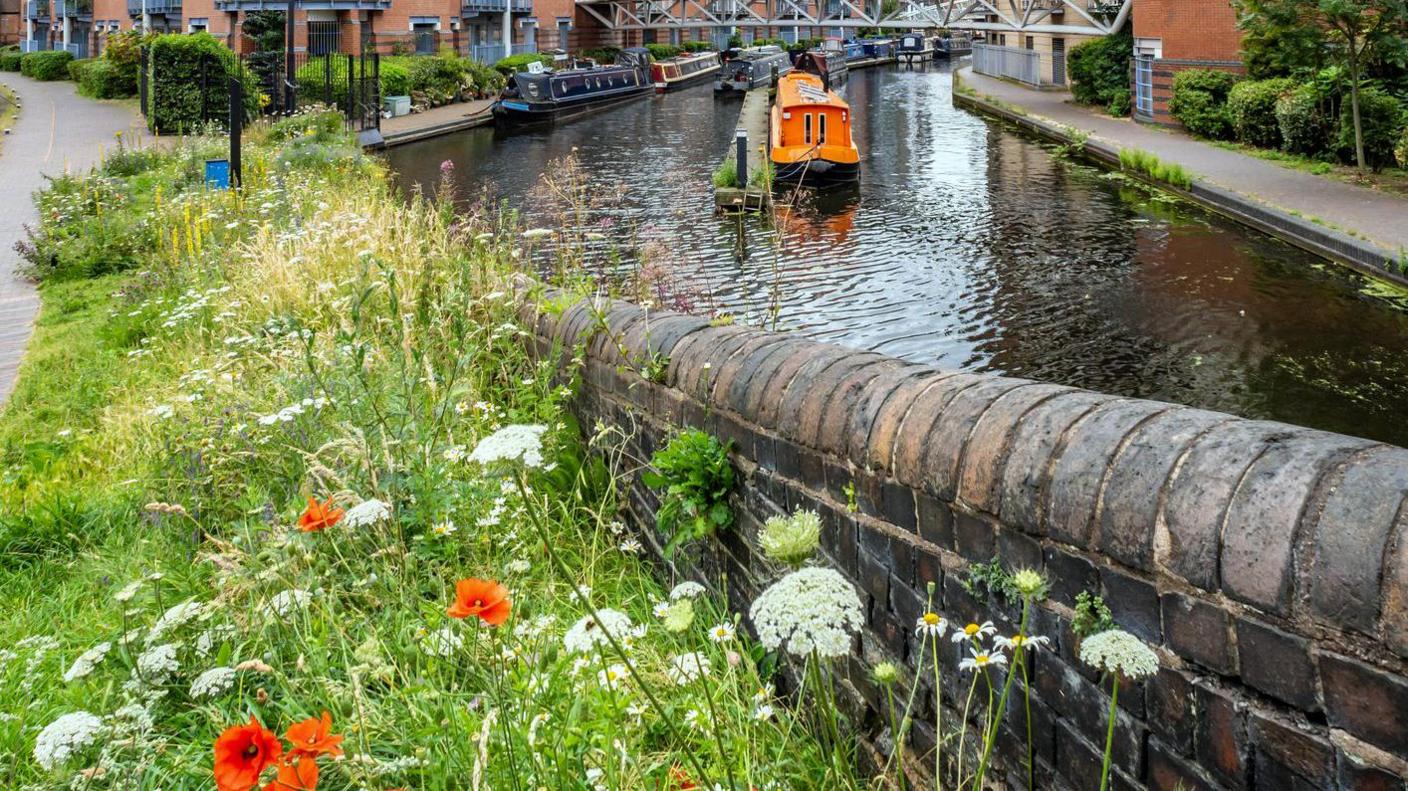
- Published27 May
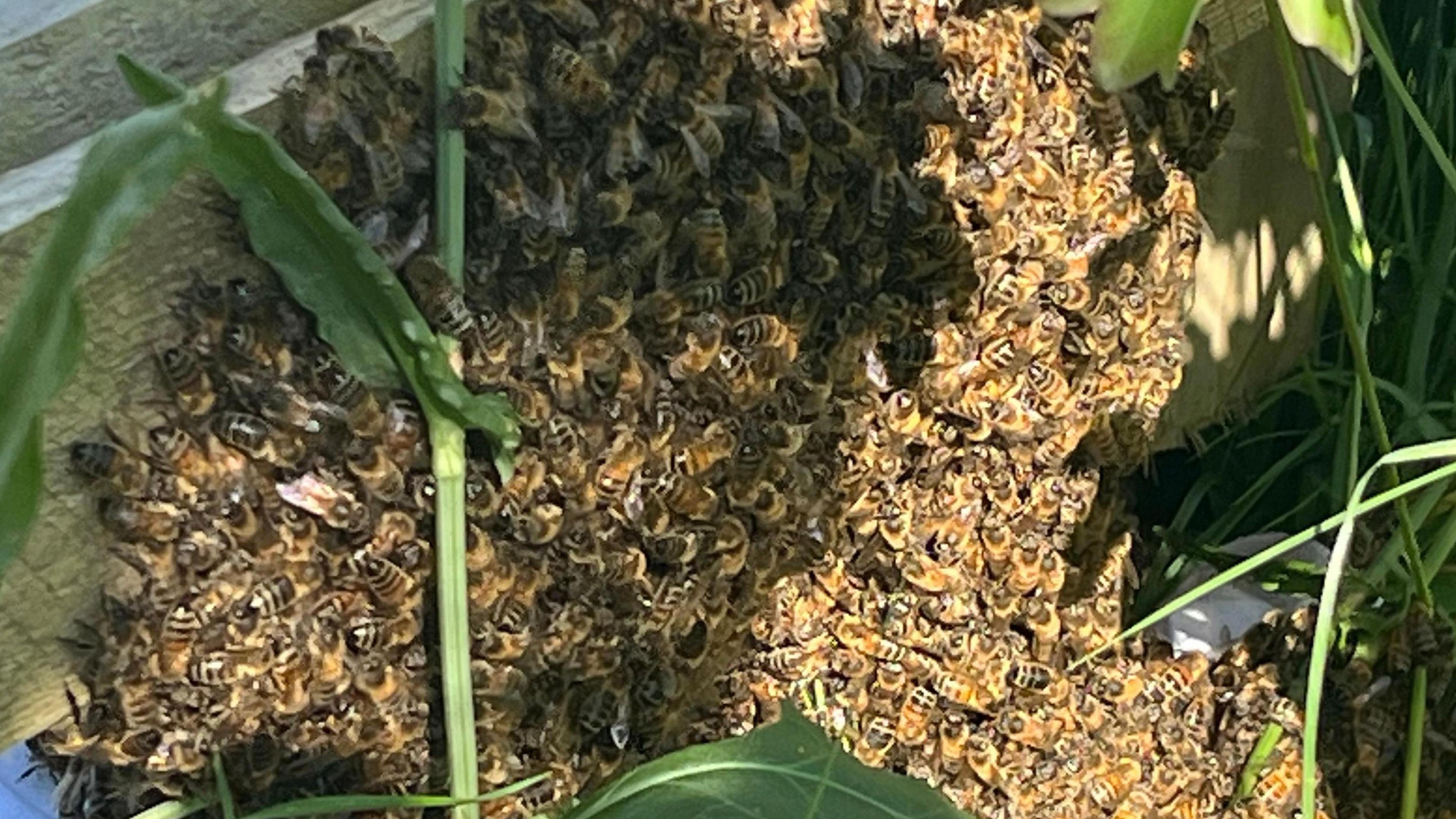
- Published26 July 2024
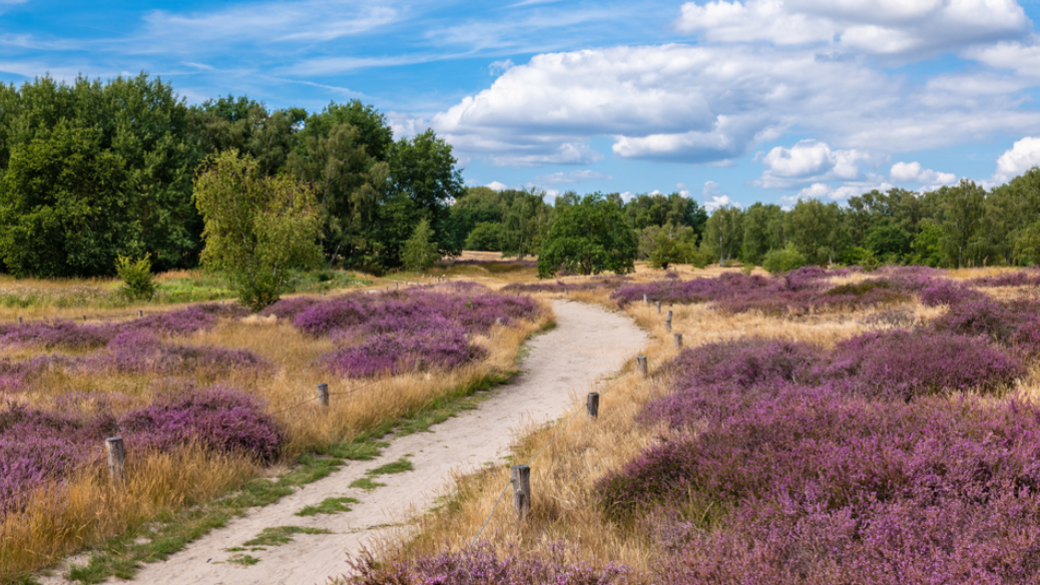
- Published25 July 2024
